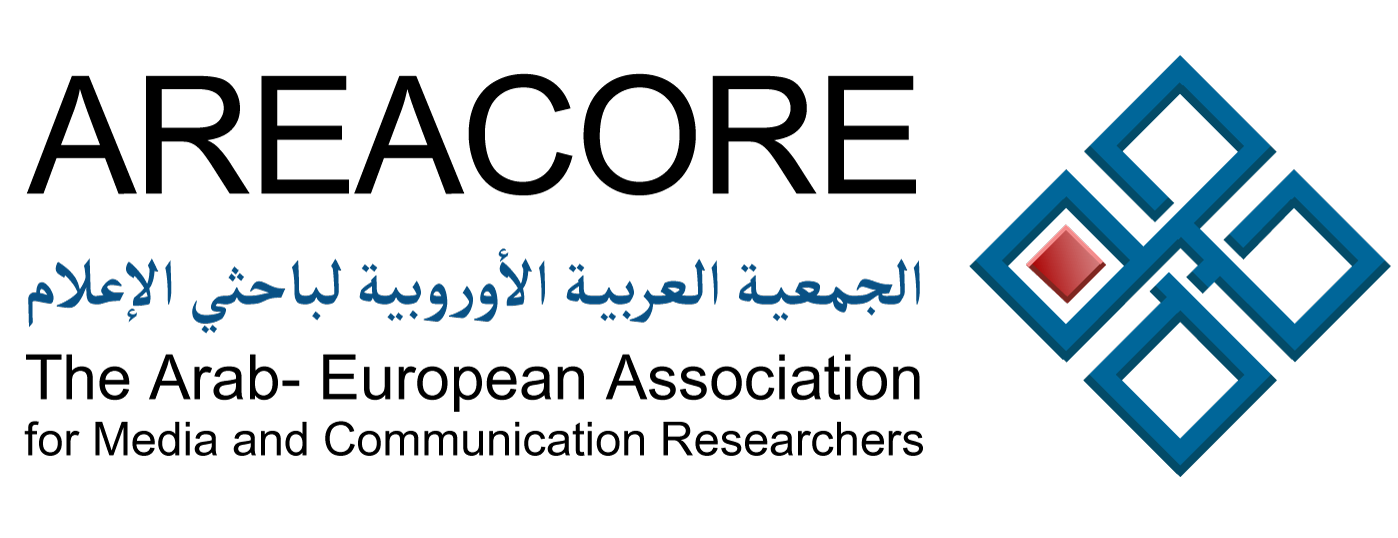by Tatiana Kondratenko, Daria Kravets, Jan Wiesinger, Azzan Al-Balushi, Is’haq Al-Rawahi, September 2017
The oldest independent state in the Arab world, Oman is one of the more traditional countries in the Gulf region. Until the 1970s, it was also one of the most isolated countries.
Oman is strategically placed at the mouth of the Gulf at the south-east corner of the Arabian Peninsula.
The Sultanate of Oman is a hereditary monarchy with a population of 3.3 million.
The sultan Qaboos has the sole authority to amend the country’s laws through royal decree, although ministries draft laws and citizens provide input through the Consultative Council.
When it comes to Omani media, it does not have a long history. Media in Oman started developing relatively late – in 1970s when Qaboos came in power.
Omani journalists are required to obtain licenses to practice journalism.
In addition to the two major state-owned newspapers, the government owns four radio stations and two television stations. There are eight privately run newspapers currently operating in Oman, alongside a dozen other print publications.
Interview with Is’haq, journalism student in Oman:
“The main reason why I enter this profession is my interest in society’s problems and willingness to keep in touch with individuals. Besides, this domain has been developing and always competitive.”
Interview with Mr. Mundua Samuel, Bayan College:
“We do emphasize to our students to understand the legal framework or the landscape within which they are supposed to operate, especially when it comes to the issues of the law with a regards to journalism. So our idea is to ensure that they understand the law specifically related to the media.”
Interview with Is’haq:
“From my point of view, there is no danger to work in journalism field in Oman, it is stable and secure. Omani printing and publishing law has given the right to journalists to express their thoughts without crossing the limits.”
Interview with Mr. Mundua Samuel:
“When it comes to Oman, Oman is also subscribed to freedom of expression (UN Article 19) and Articles 29, 30 and 31 (of Basic Law of Oman) specifically giving the media and Omani people freedom to express themselves. But this does not mean that freedom is absolute, it is also limited, sometimes the law limits this freedom, especially when it comes to the media related issues. For example, you can not in Oman write about the political system, you can not talk about the religion of Islam, you can distribute materials through the media in a form that would amount to public discurd or public disorder. So that would be limited.”
Interview with Is’haq:
“Well, Oman is well-known for its tolerance. People make mistakes and they get punished, but mostly they are freed as long as we have a generous leader who treats his nation kindly. Normally, his majesty forgives guilties and there are three occasions for that are known for his forgiveness such as blessed Eid Al-Fitr celebration, Eid Al-Adha and The National Day of Oman.”
Interview with Mr. Mundua Samuel
“Usually, I tell my students that the constitution or the law gives you freedom with one hand and takes it away through the other hand.”
